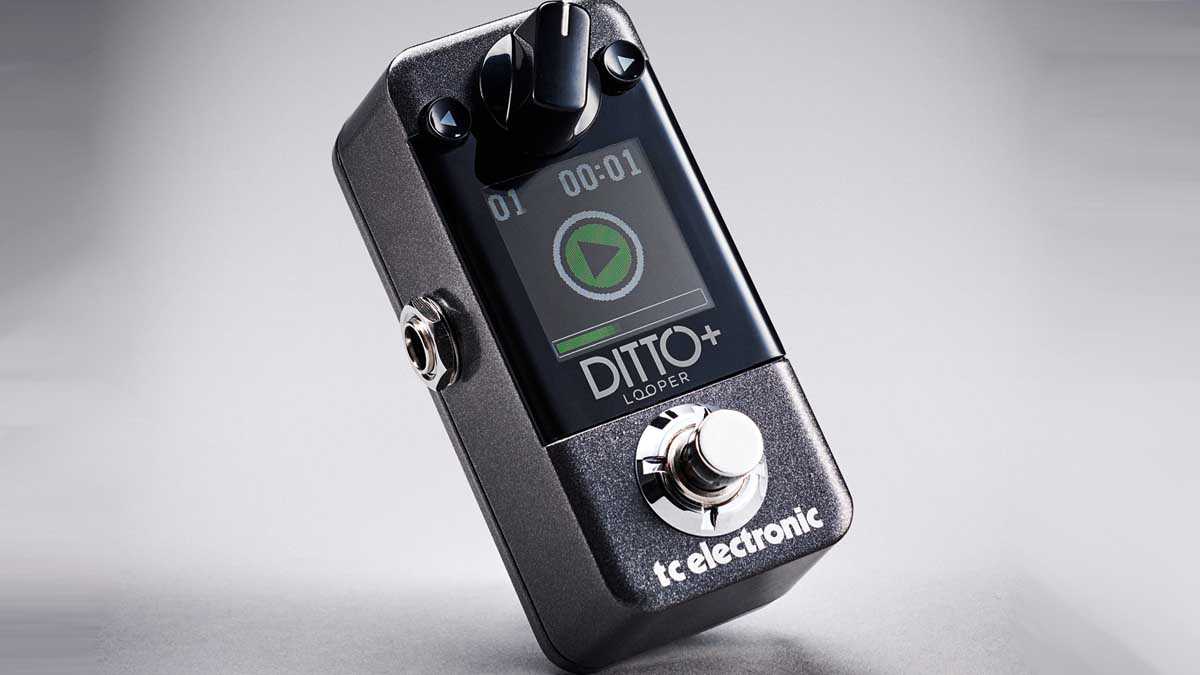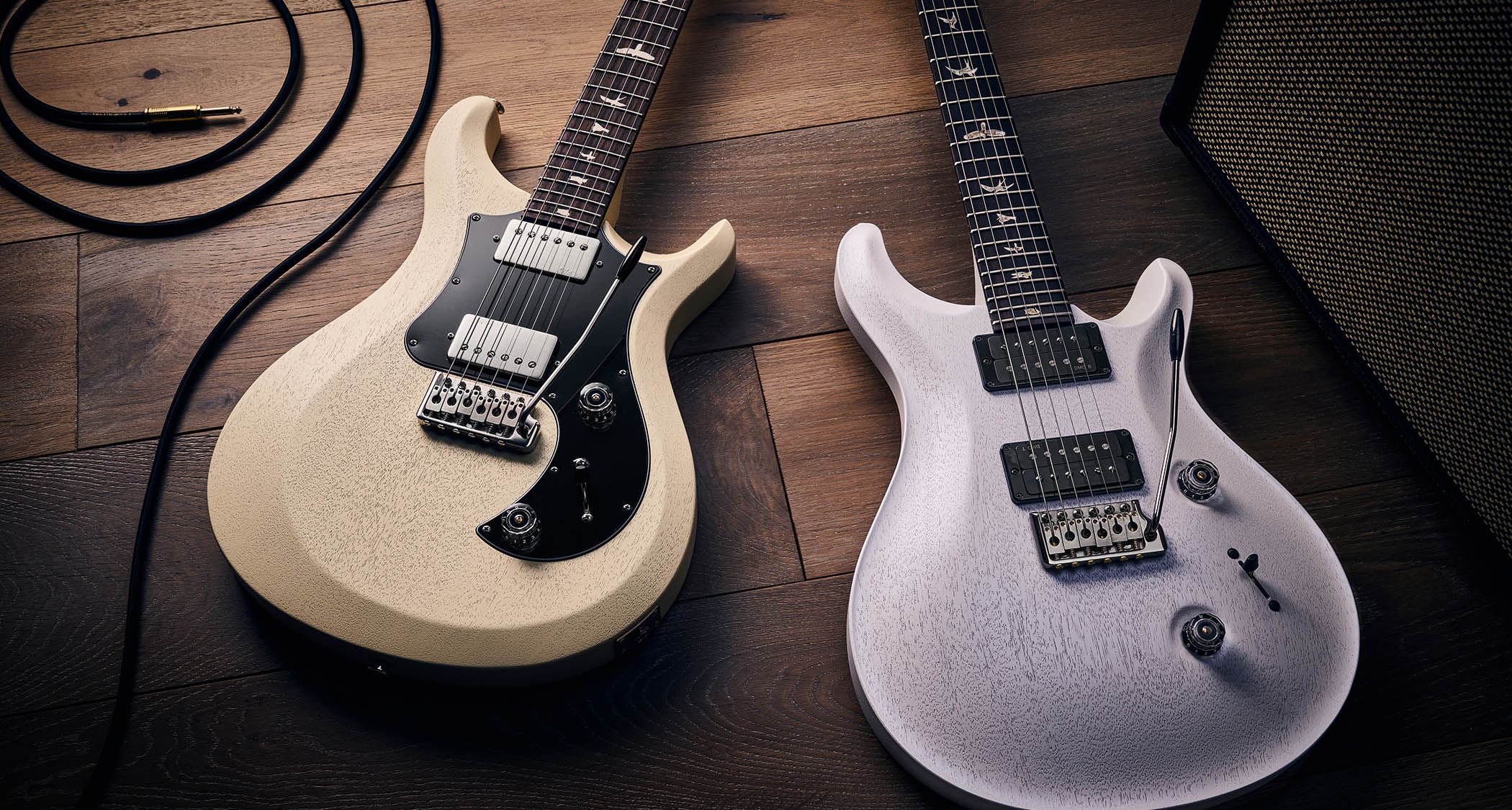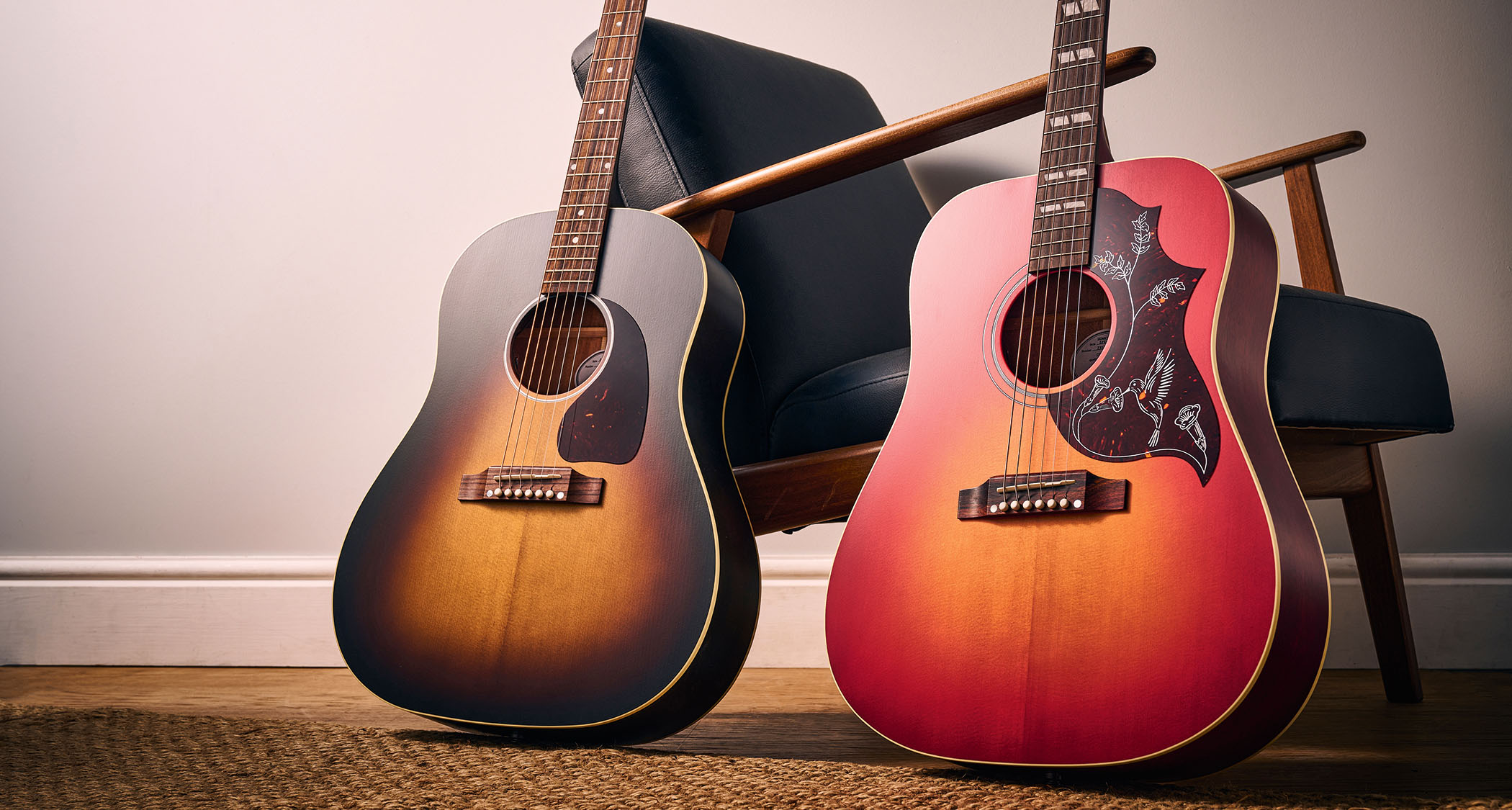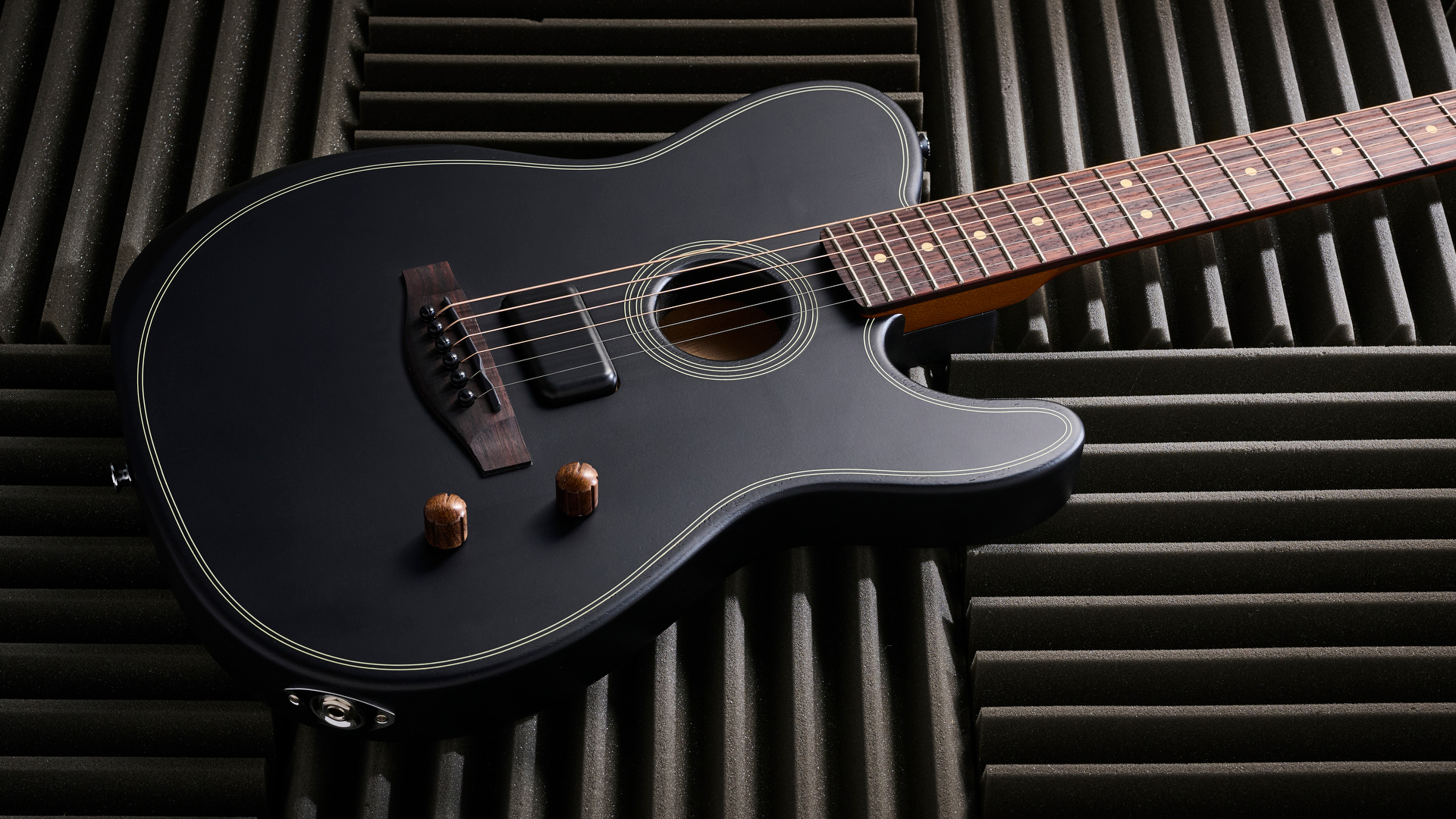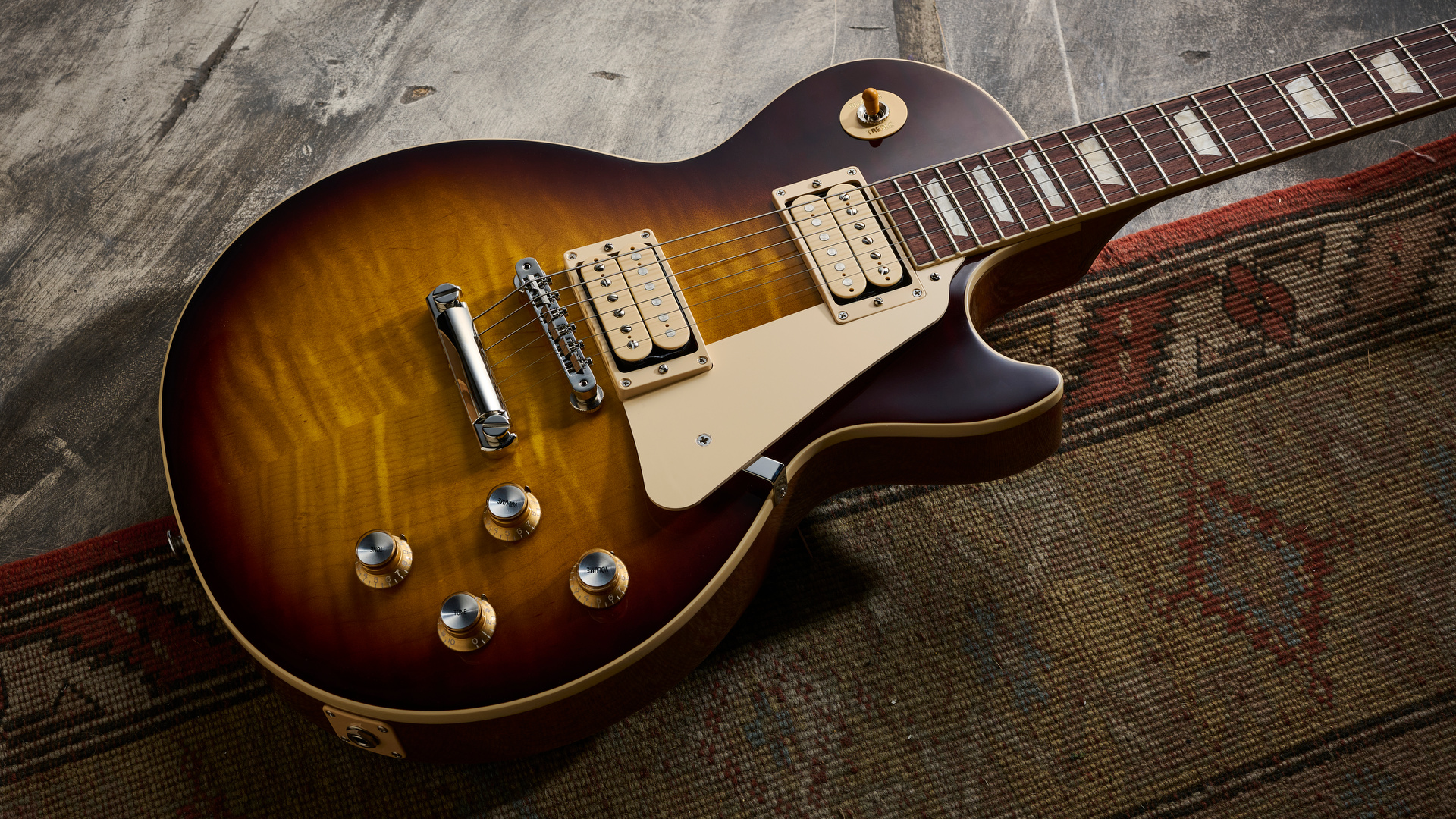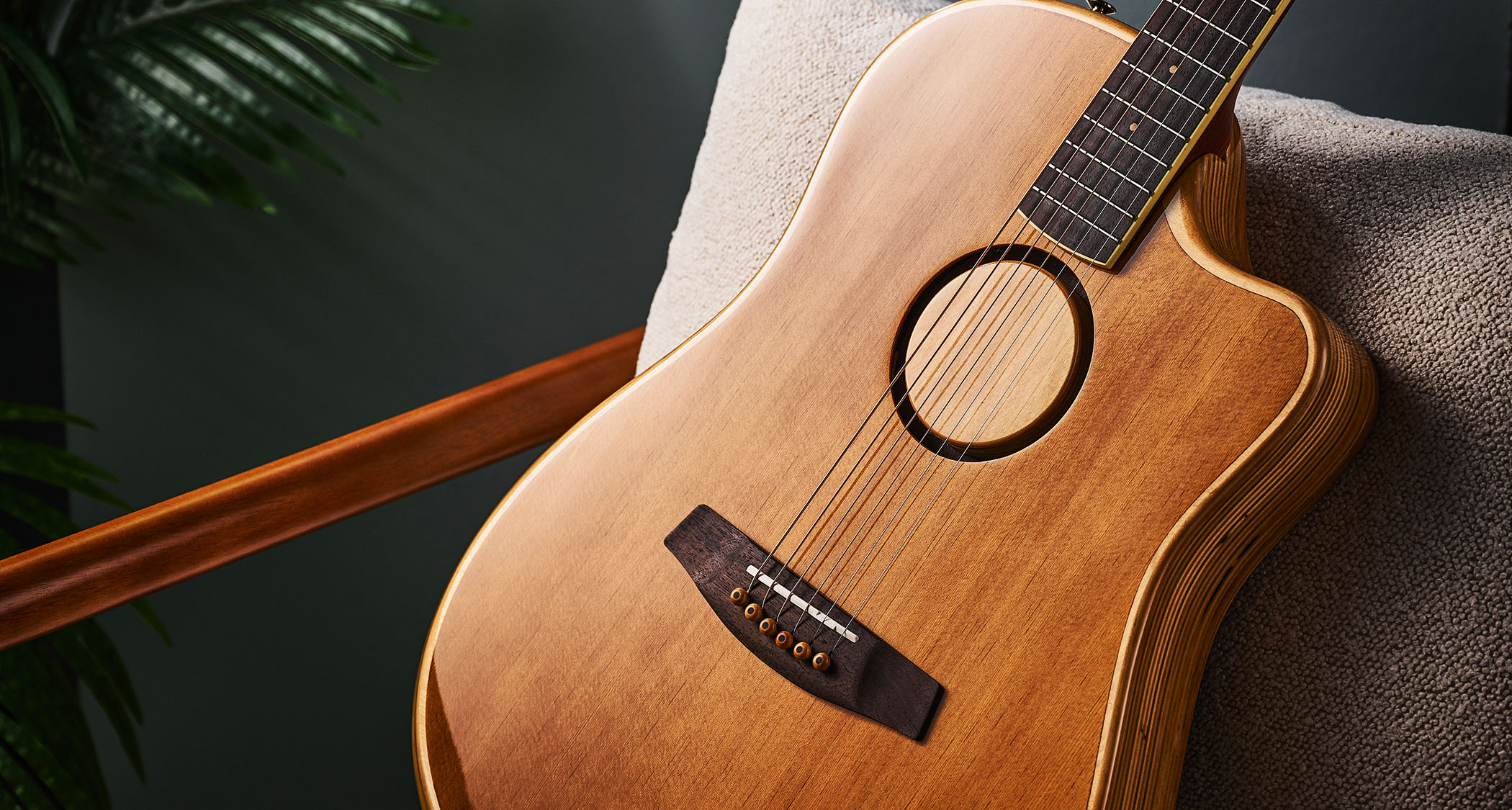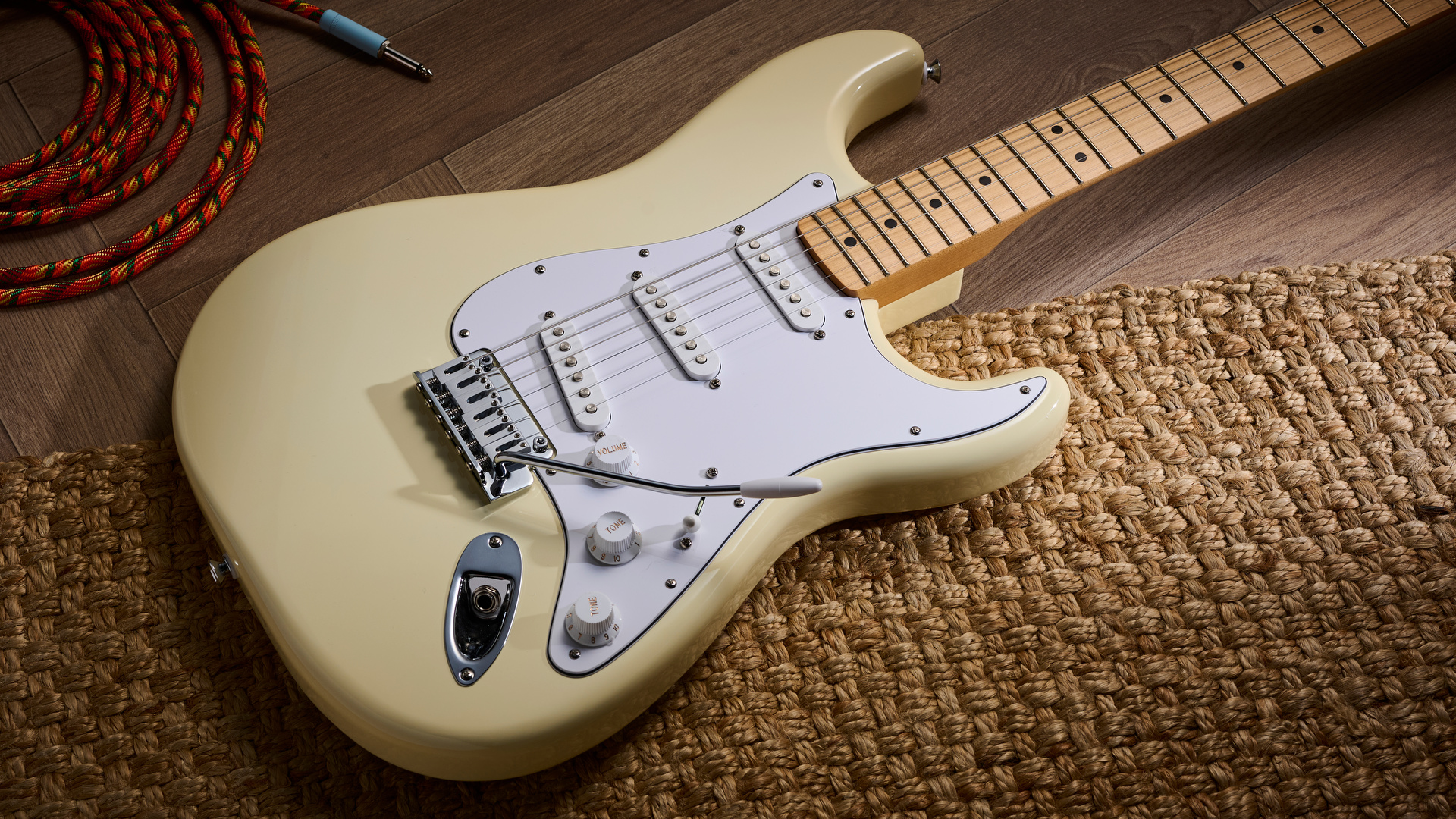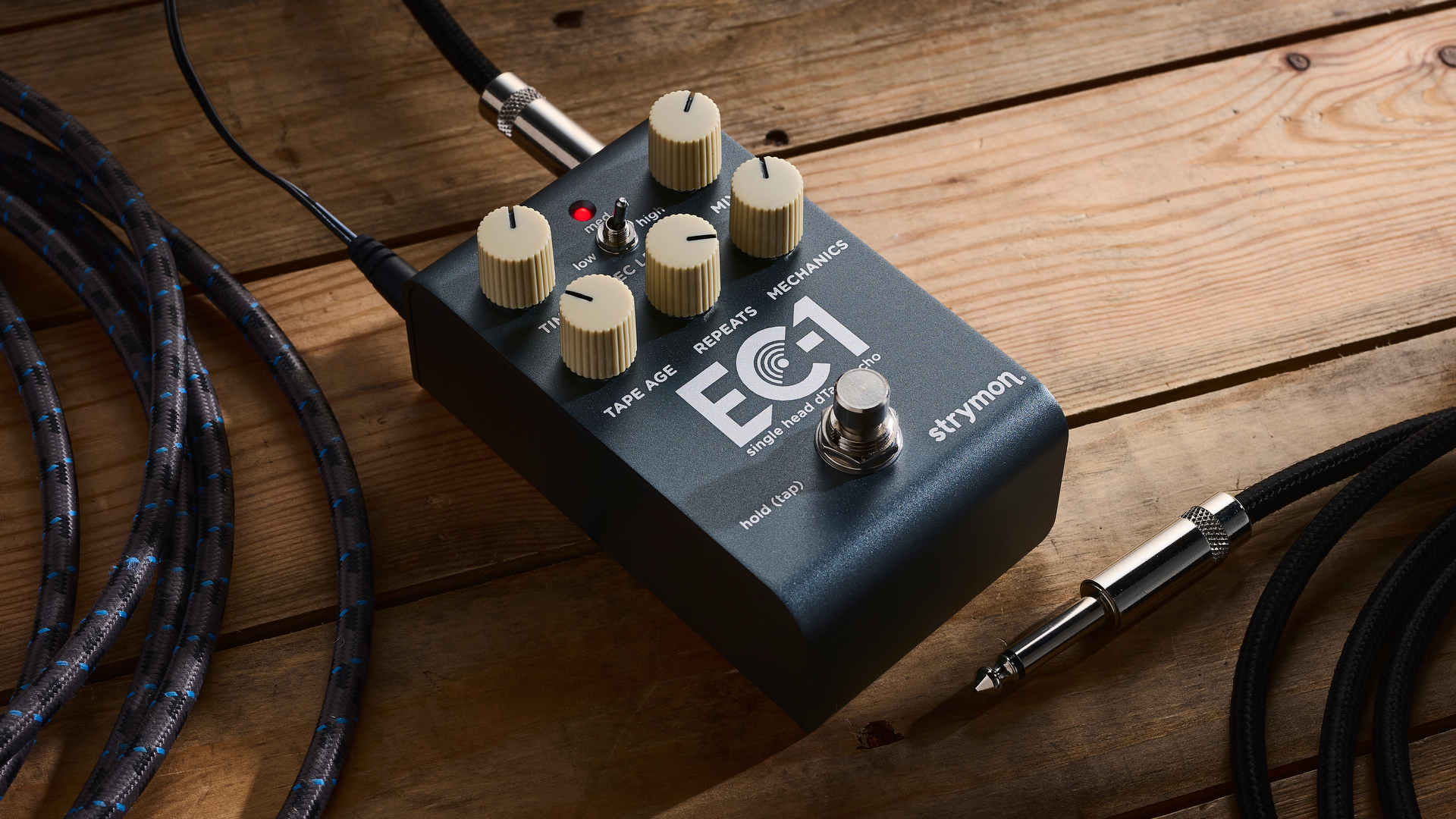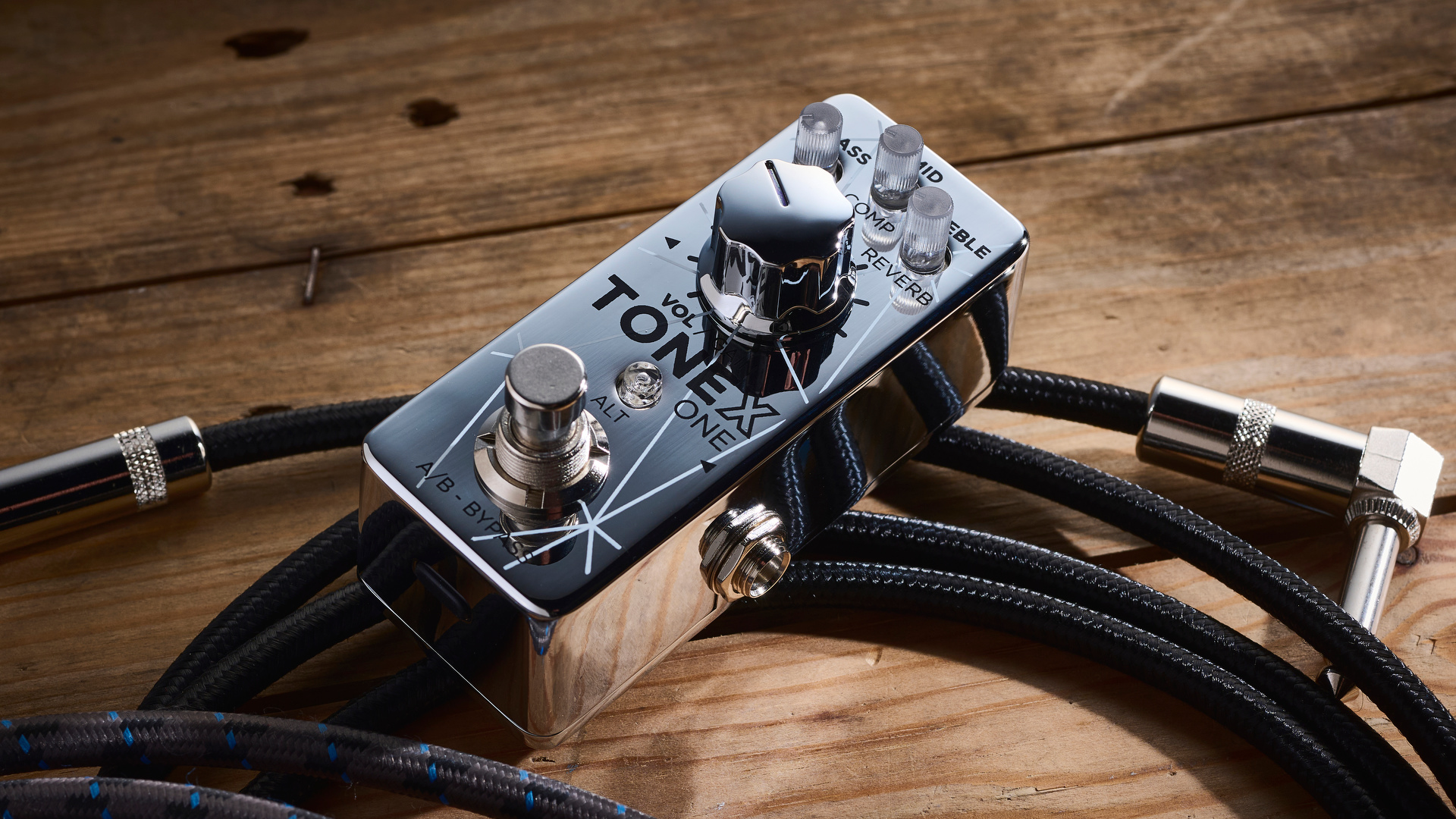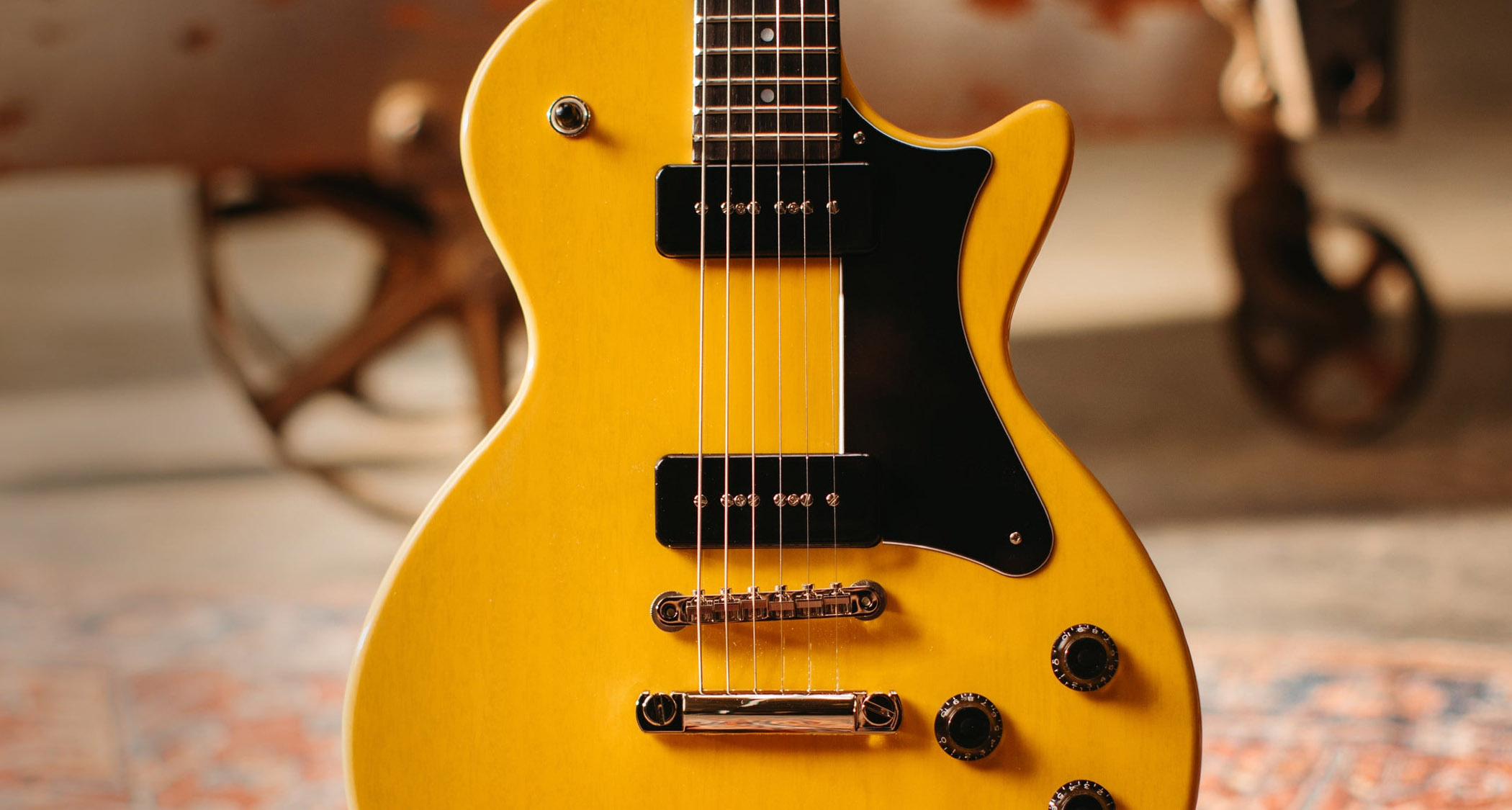Guitar World Verdict
Despite the mini-pedal form, this is a powerful looper with an hour's worth of 24-bit looping time and the ability to upload backing tracks. Plus, it's easy to use. What's not to like?
Pros
- +
60 minutes of looping time.
- +
Compact form.
- +
Good value.
- +
Ability to upload audio tracks.
- +
Easy to use.
Cons
- -
Audio tracks must be in 44.1hz WAV format.
You can trust Guitar World
When the original Ditto looper pedal emerged in 2013, it was such a simple and effective proposition – a plug-in-and-play no-brainer for anyone wanting an easy to use, dedicated looper that didn’t take up much space on their pedalboard. Moreover, it was a superb introduction to the benefits of a looper for practice and creativity.
But what if you want more than simple with the same mini footprint? TC has managed to cram it in the same mini dimensions here, but is it trying to do too much to stay intuitive with just three controls and a small screen?
- Best cheap looper pedals: essential budget loopers for your ‘board
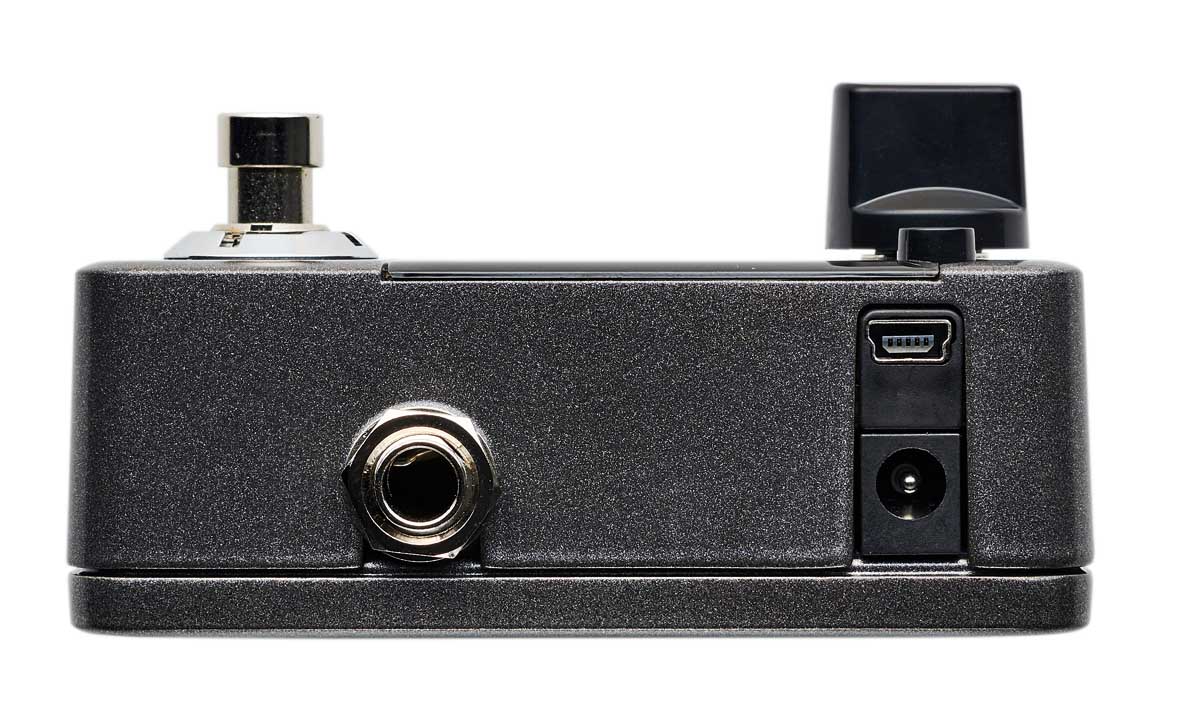
A looper needs to be easy to use on the fly, and a quick start guide that’s a two-sided sheet not much bigger than the pedal itself suggests that TC Electronic is confident about delivering that – though it certainly leaves some important information off of it.
Like the previous mini Ditto, you press once to record, again to play and once more to overdub – and you can overdub as many times as you like.
Then you can hold the same footswitch down for two seconds to erase your last loop or hold down for another two to bring it back, double click and hold to delete the whole session. So far, so intuitive and your loop time limit has now increased from five minutes to a whole hour of 24-bit audio. Plus indeed!
The new colour LCD screen offers a visual guide to the progress of your playback, but it’s also crucial to managing the new features here. With the original, you could only keep one loop session at a time, now there’s 99 sessions you can save. On top of this, it is incredibly simple to keep them, too. Once they’re recorded, they remain until you delete them, regardless of whether you turn the pedal off or not.
You can also import and explore up to 99 loops via the USB – yes, that can mean backing tracks. Plug in via the USB and the pedal shows up as an external drive on your computer with 99 track folders – simply drop your file in whichever one you want, as long as it’s in 44.1hz WAV format. MP3s are not welcome here, sorry.
We think the new Extended Loop Mode is equally as significant as the onboard storage here; it allows you to record a longer overdub over your initial shorter loop. The mode extends the loop to match your new overdub. Simple and effective!
This is a worthy follow-up to the hugely popular original true bypass Ditto, retaining everything that was good about it with useful additions to justify the extra cost.
Specs
- TYPE: Mini-size looper pedal
- CONTROLS: Level, left and right menu buttons
- FEATURES: 60 minutes of 24-bit looping time, 99-slot memory bank for sessions, Extended Loop Mode, import/export WAV loops, 2.6cm x 2.6cm colour LCD screen, true bypass, analog-dry-through
- SOCKETS: Input, output, Mini USB, DC in POWER 9V DC 100mA
- CONTACT: TC Electronic

Rob has 20 years of experience writing, reviewing and editing for guitar magazines and websites, including Guitarist and Total Guitar. He's now the Reviews Editor for GuitarWorld.com and MusicRadar guitars, heading up our in-house reviews team to give you in-depth and honest tests of the latest guitar gear. He eats and dreams reviews.
“The original Jordan Boss Tone was probably used by four out of five garage bands in the late ’60s”: Unpacking the gnarly magic of the Jordan Boss Tone – an actual guitar plug-in that delivers Dan Auerbach-approved fuzz
“This is a powerhouse of a stompbox that manages to keep things simple while offering endless inspiration”: Strymon EC-1 Single Head dTape Echo pedal review
